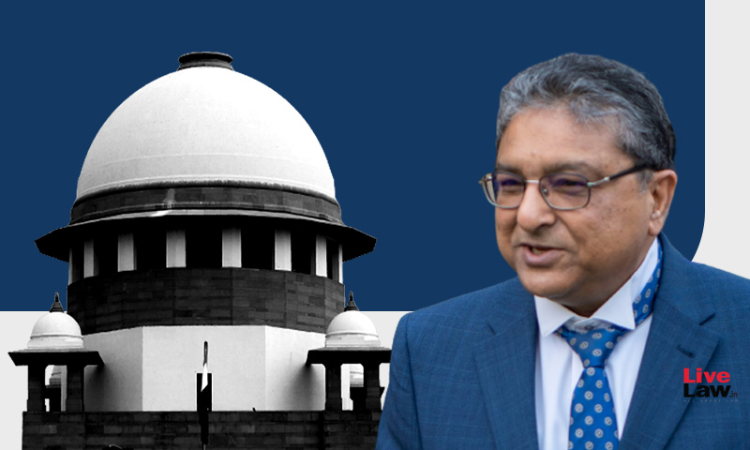Next Story
25 May 2022 10:11 AM IST
Justice Vineet Saran, who retired as a Judge of the Supreme Court on 10th May 2022, had been instrumental in developing jurisprudence of various aspects of law. He has authored and delivered multiple landmark verdicts during the span of almost 4 years of his judgeship at the Apex Court. From being part of Division Benches to penning down orders for the Constitution Benches, he has...

